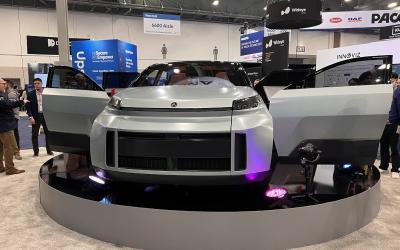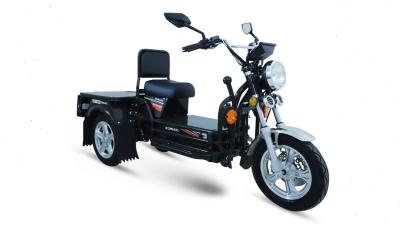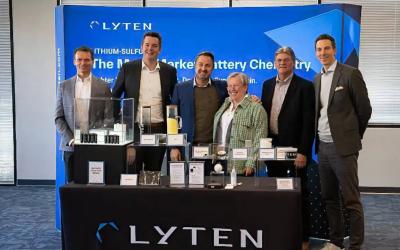Perpetuus launches graphene-enhanced masterbatch for sustainable tire manufacturing
Perpetuus Advanced Materials has announced its first nano-engineered graphene-enhanced masterbatch compounds, tailored specifically for commercial, passenger, and industrial tire manufacturing. The initial release will soon expand to include polymer and elastomer masterbatches for use in industries such as hoses, seals, gaskets, V-belts, and conveyor belts.
By utilizing its environmentally friendly plasma treatment process, Perpetuus incorporates its advanced graphene into the masterbatch. This innovation is now available in industrial quantities, enabling tire manufacturers to integrate this breakthrough material into their existing production workflows.










